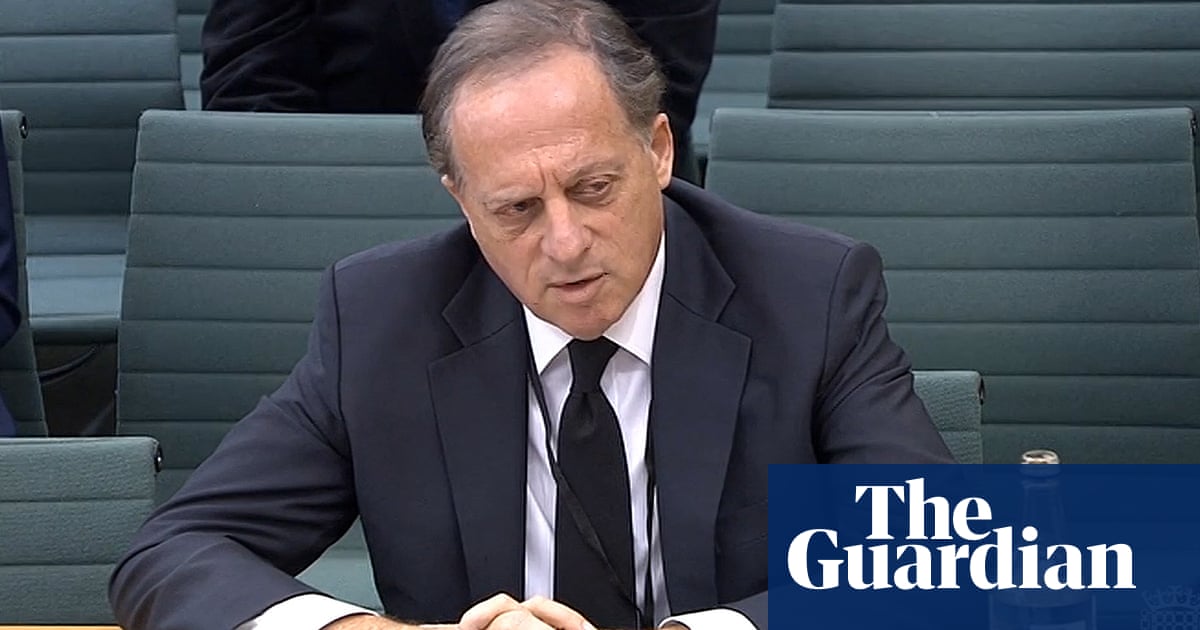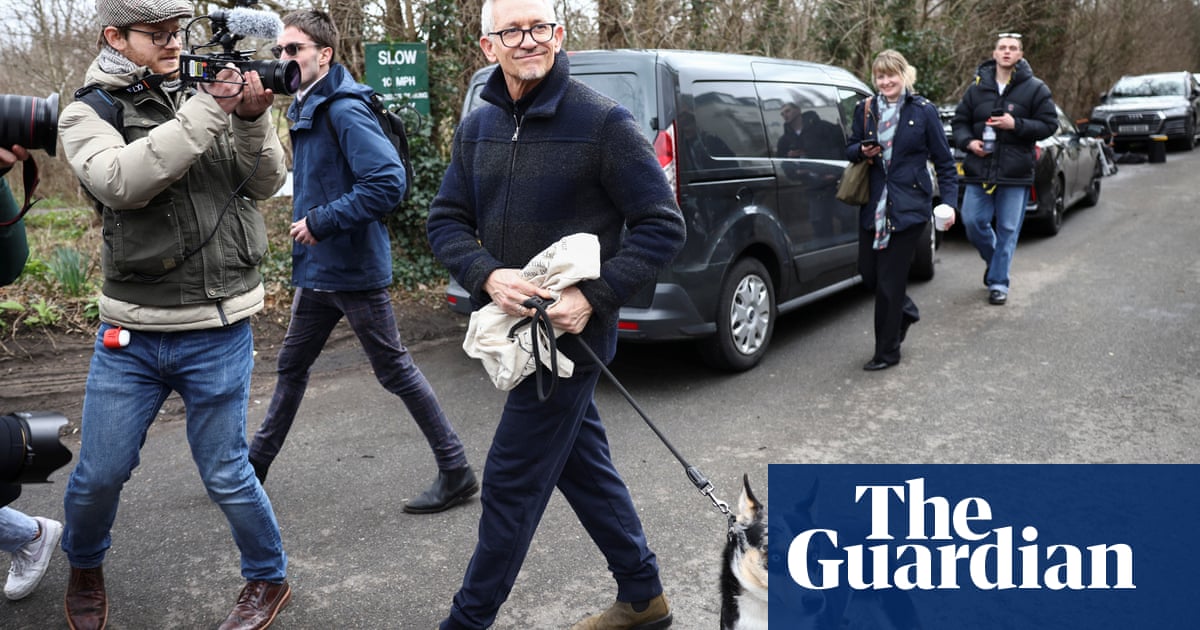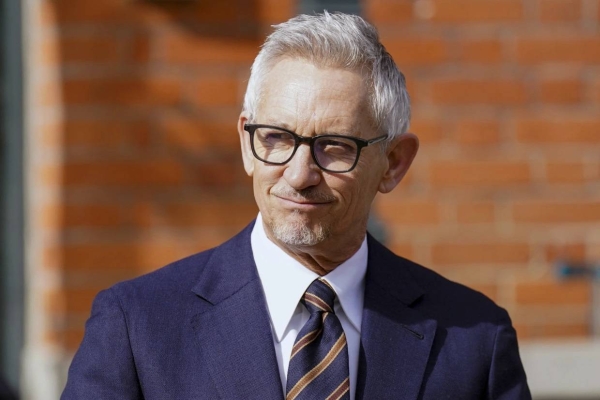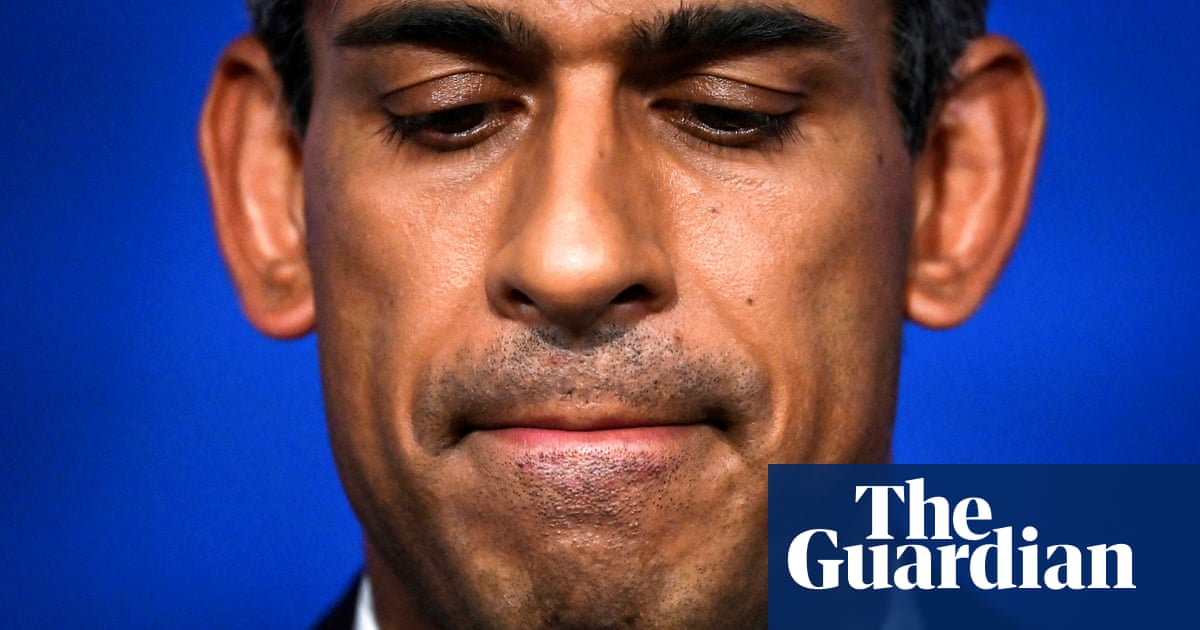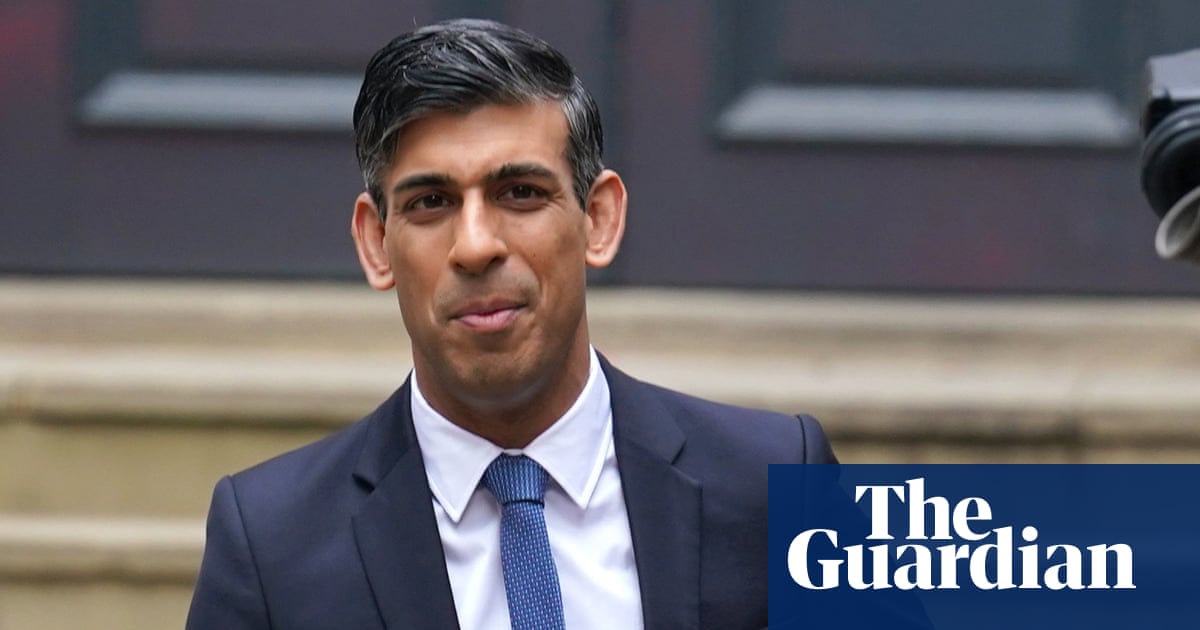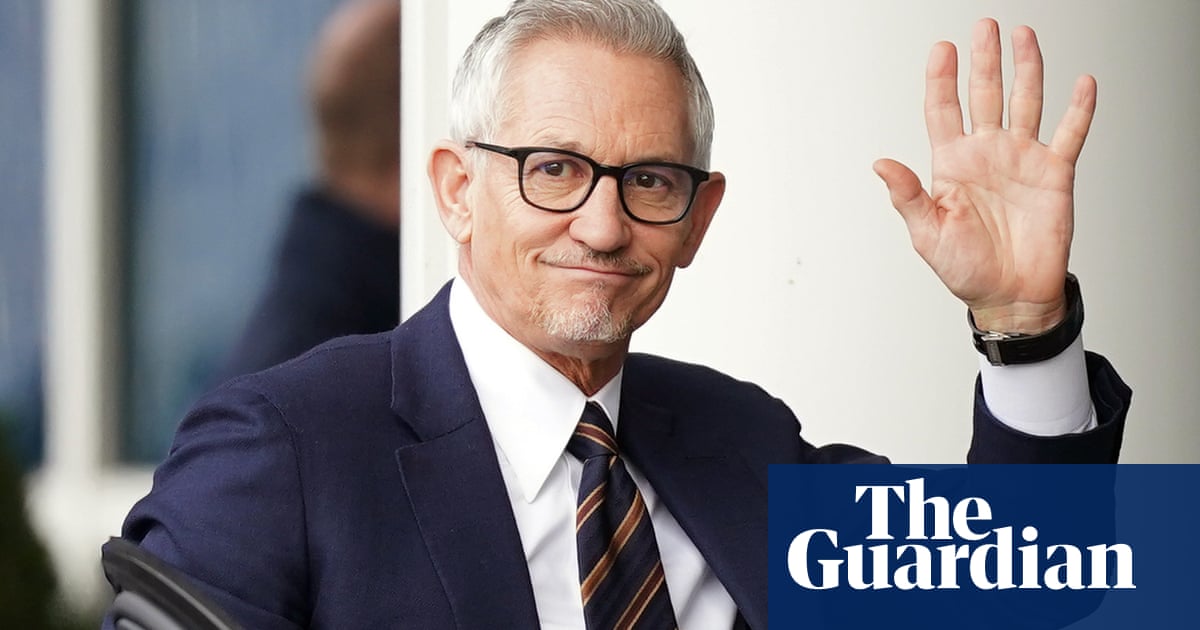
The BBC’s leadership was facing renewed pressure on Monday after the corporation U-turned to bring Gary Lineker back to Match of the Day, cancelling the presenter’s suspension without requiring him to make any significant concessions.
Three days after Lineker was taken off air for criticising the language used by ministers when discussing the government’s asylum policy, Tim Davie, the director general of the BBC, announced an independent review of the corporation’s social media guidelines.
Davie, who apologised to BBC audiences for the turmoil and disruption after fellow presenters, pundits and commentators refused to work, in solidarity with Lineker, said in an interview that Lineker had promised to comply with the guidelines while the review was carried out.
In turn, Lineker praised Davie and welcomed the review, but pointedly added: “However difficult the last few days have been, it simply doesn’t compare to having to flee your home from persecution or war to seek refuge in a land far away …
“We remain a country of predominantly tolerant, welcoming and generous people. Thank you.”
Craig Oliver, the former BBC news executive and communications chief under David Cameron, described the reinstatement of Lineker as a “capitulation” by the corporation.
“I think what’s happened here is Gary Lineker 1; BBC credibility 0,” he said. “The reality is the BBC today has announced it will have a review of its social media guidelines. In fact, it needs a review of how it handles crises like these.”
The corporation found itself embroiled in yet another reputational crisis on Monday when BBC Question Time presenter Fiona Bruce said she would step back from her role as an ambassador for the charity Refuge.
Bruce stood down after claims she trivialised domestic violence during a discussion about Stanley Johnson during last week’s programme, after comments she said she had been legally obliged to make and had been “mischaracterised” on social media.
Davie, who blamed “grey areas” in the guidelines for the Lineker furore that has had him come in for criticism from all sides in a debate over impartiality and freedom of expression, has said that he will not consider resigning over the perceived mishandling of the affair.
The row has also heightened calls for the government-appointed BBC chair, Richard Sharp, to stand down over a separate conflict of interest and impartiality scandal.
Sharp, a Tory donor who was once Rishi Sunak’s boss at Goldman Sachs, is the subject of two investigations after it emerged that he introduced Boris Johnson to a friend who gave the former prime minister a loan guarantee of up to £800,000.
Sharp, who has remained silent during the Lineker scandal, failed to declare the potential conflict of interest during interviews for the recruitment as BBC chair.
“I think Richard Sharp’s position is increasingly untenable,” said Keir Starmer, the Labour leader. “I think most people watching the complete mess of the last few days would say how on earth is he still in position and Gary Lineker has been taken off air? This is a mess of the BBC’s own making. They need to sort it out and sort it out fast.”
Sir Ed Davey, the Liberal Democrat leader, said: “Given his ties to Boris Johnson and the Conservative party, and the scandal surrounding his appointment, the public simply cannot trust Richard Sharp to restore the BBC’s credibility. Rishi Sunak must sack him now and ensure a new, properly independent chair is in post to implement the review as soon as it is finished.”
Downing Street declined to say whether Sunak had confidence in the BBC chair, and the PM offered a lukewarm defence of his former boss, whom he later recruited as an unpaid government adviser when he was chancellor during the Covid pandemic, when questioned by reporters on a flight to the US.
The prime minister’s spokesperson said Sunak was waiting for a review of the office of Commissioner for Public Appointments into Sharp’s conduct when he applied for the role.
“He was appointed before I was prime minister through an independent process,” said Sunak in an interview with the BBC. “And that process is also now being reviewed independently. It’s right that we let that review complete. And that’s, I think, how people would expect something like this to be dealt with.”
Davie, who in the 1990s was a Conservative candidate and local party official, dismissed claims that the attempt to gag Lineker and remove him from his presenting duties was a response to pressure from the government and ministers that feel the corporation is biased against the Conservatives.
“That is not how we work editorially in the BBC,” he said in an interview on Monday. “It is a convenient narrative; it is not true. The impartiality guideline would be equally applied in terms of being critical of the left or the right. The issue is getting involved in party political matters, and we apply that independently.
Jacob Rees-Mogg, the rightwing former cabinet minister, said the row was further evidence that the “licence fee has passed its sell-by date”.
But Sunak said: “I was pleased that the issue with Gary Lineker has been resolved and we can all look forward to watching Match of the Day again … it was right that that was a matter resolved between the BBC and Gary. I’m glad that that’s happened.”




